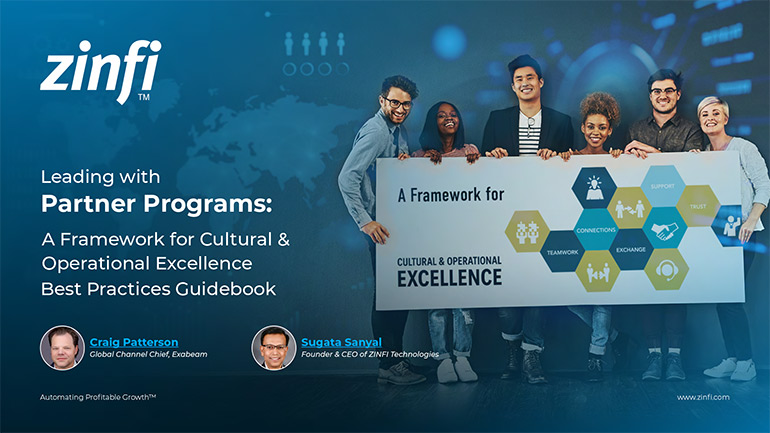Over the past two decades, Partner Programs have evolved dramatically. Once seen as order-fulfillment engines, today’s partner ecosystems serve as strategic drivers of enterprise growth. Early programs often supported direct sales, but the rise of complex technology stacks shifted this dynamic. Now, companies depend on Partner Programs for specialized expertise and hands-on implementation support. Partners no longer just execute—they solve business problems, apply domain knowledge, and deliver agile solutions. These changes have turned Partner Programs into growth engines embedded in go-to-market strategies.
A modern Partner Program must deliver more than transactions. It must offer enablement tools, co-selling strategies, and frictionless onboarding. Managed service providers lead this evolution in cybersecurity and other high-complexity fields by delivering continuous optimization and full lifecycle support. As a result, Partner Programs now offer structured frameworks across consult, design, deploy, and manage stages. To help partners succeed, vendors must equip them with training, technical support, and actionable insights. Today's Partner Program is a service layer—empowering the ecosystem to innovate, scale, and sustain value creation.
Trusted advisors within partner ecosystems rely on well-built Partner Programs to deliver impact. Their success depends on access to tools, coaching, and performance data. Companies must ensure their Partner Programs adapt to changes in cloud, AI, and data-first initiatives. This requires personalized engagement at scale, tailored incentives, and strong co-selling frameworks. As specialization deepens and vertical knowledge becomes critical, Partner Programs must remain agile and globally scalable.
